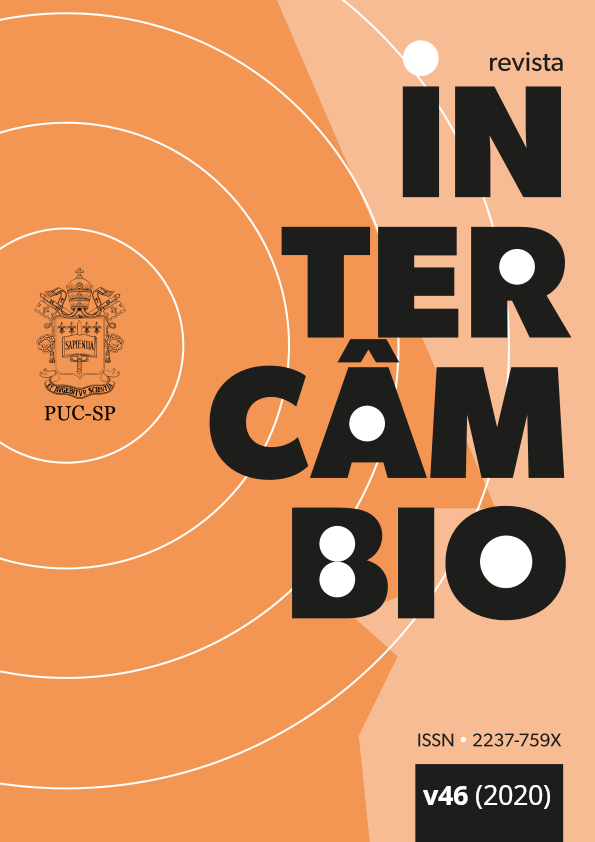EXPERIMENTAÇÃO CIENTÍFICA: UM IMPULSO AO DESENVOLVIMENTO DA AGÊNCIA EM CRIANÇAS DA EDUCAÇÃO INFANTIL
Mots-clés :
Colaboração crítica, Perguntas, AgênciaRésumé
Objetiva-se, neste artigo, discutir o trabalho com conceitos científicos, em momentos de experimentação científica, para compreender como impulsionam o desenvolvimento de agência (Stetsenko, 2017, 2019; Ninin e Magalhães, 2017) em crianças do 1º ano do Ensino Fundamental. Metodologicamente, está ancorado na Pesquisa Crítica de Colaboração (PCCol) (Ninin e Magalhaes, 2017; Magalhães, 2012), abordagem teórico-metodológica ativista e intervencionista. Crianças do Ensino Fundamental (1º ano), com idade entre seis e sete anos, participam da pesquisa, realizando, quinzenalmente, experiências científicas. Os dados analisados foram produzidos em sala de aula, coletados por meio de gravação em vídeos e transcritos, posteriormente. Resultados revelaram que, no ciclo de pesquisa científica, foram focalizadas as dimensões de perguntas (Ninin, 2018) com base na argumentação, incentivando o desenvolvimento do processo reflexivo das criançasTéléchargements
Publiée
2020-12-23
Comment citer
SIQUEIRA, C. A. (2020). EXPERIMENTAÇÃO CIENTÍFICA: UM IMPULSO AO DESENVOLVIMENTO DA AGÊNCIA EM CRIANÇAS DA EDUCAÇÃO INFANTIL. Intercâmbio, 46. Consulté à l’adresse https://revistas.pucsp.br/index.php/intercambio/article/view/52051
Numéro
Rubrique
Artigos






